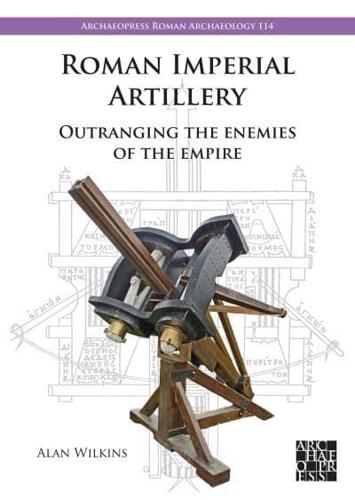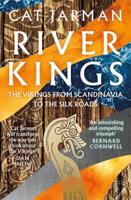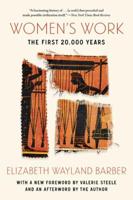Publisher's Synopsis
Greek and Roman torsion catapults were the most powerful missile projectors in the western world from their invention in the 4th century BC to the 11th century AD. Powered by the energy stored in tensioned and twisted rope springs, they outranged archers, slingers and all other missile launchers. After tracing their Greek origins, Roman Imperial Artillery describes the machines used from the time of Sulla and Caesar, the Roman improvements in their design and power, and their importance in the defence of the Roman Empire. Full-size reconstructions, made in collaboration with engineers Len Morgan and Tom Feeley, are based firmly on the author's revised editions of the texts of the Greek and Roman engineers, the latest archaeological finds and the evidence of relief sculptures. This revised edition analyses remarkable new finds from the Rhine frontier in the Netherlands and elsewhere. The 1999 find of a catapult frame in Germany allows an accurate reconstruction of the standard early Imperial bolt-shooter, as used in the AD 43 invasion of Britain by Vespasian against hillforts at Maiden Castle and Hod Hill. The siege-camps at Burnswark Hill, Dumfriesshire are investigated. Range and accuracy are examined, and technical tests demonstrate the strike power of these formidable and long-lived weapons.









